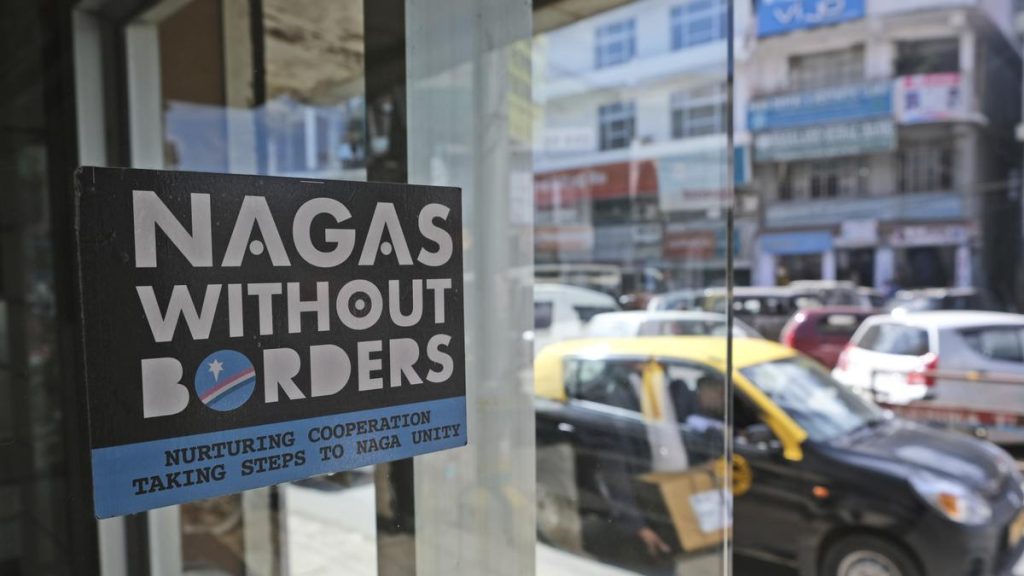NNPG Urges Centre to Finalize 2019 Naga Peace Accord, Calls for Recognition of Distinct Naga Identity and Bicameral Legislature in Nagaland

The Naga National Political Groups (NNPG) urged the Union government on Thursday, October 31, 2024, to finalize the Naga peace accord based on the provisions of the 2019 agreement. Key elements of this pact include a dedicated page for the Nagas in Indian passports and the establishment of a bicameral legislature for Nagaland.
In a statement, the NNPG highlighted that the political solution crafted with the Union government acknowledges the distinct Naga identity, granting a separate passport page, a unique Naga contingent in international events, and increased representation in both Houses of Parliament.
Nagas Push for Timely Peace Accord as Centre Negotiates with Kuki Groups
The NNPG, the second organization after the influential National Socialist Council of Nagaland (NSCN-IM) to enter peace talks with the Union government, signed the “Agreed Position” on October 31, 2019, with then Naga interlocutor R.N. Ravi, now the Governor of Tamil Nadu.
“The NNPG expects the Government of India to complete the signing of the agreement within 2024,” read the group’s statement. According to the NNPG, this ‘Agreed Position’ holds the status of an “intergovernmental agreement” as it was signed with Ravi, a Cabinet-ranked official.
Background on the NSCN-IM Agreement
In 2015, the NSCN-IM signed a framework agreement with the Union government, brokered by Mr. Ravi.
An NNPG representative noted that the peace talks concluded in 2019. After Mr. Ravi’s transfer to Tamil Nadu in 2021, no new interlocutor was appointed. Both NNPG and NSCN-IM now communicate with A.K. Mishra, a former Intelligence Bureau officer, who serves as the Centre’s representative.
“It has been five years since the pact was signed. Recently, the Centre’s representative met with the NSCN-IM in Delhi, yet the agreement remains stalled, primarily over two NSCN-IM demands: integrating Naga-inhabited areas in Manipur, Nagaland, Assam, and Arunachal Pradesh, and establishing a separate Naga constitution. These demands are unrealistic,” the NNPG representative explained.
Commitment to Naga Identity
The 2019 NNPG pact emphasizes that “the Government of India recognizes the historical and political rights of the Nagas to self-determine their future in alignment with their distinct identity.” The agreement envisions a lasting, respectful, and peaceful coexistence between the two entities, taking into account contemporary political realities.
The NNPG clarified that this political solution delineates legislative powers between India and Nagaland, positioning Nagaland as a separate geopolitical entity for its 17 tribes. It envisions a bicameral legislature with a restructured democratic system, known as the Leacy Hoho. The Upper House, called the Nagaland Federal Hoho, will represent Naga traditional customs, empowering the Nagas to legislate on matters related to customs, land, natural resources, and other areas uniquely tied to Naga identity. These legislative areas will no longer fall under Indian Parliament’s jurisdiction. The NNPG further noted that the Naga national insignia and flag are integral symbols within the envisioned Naga federal structure.





